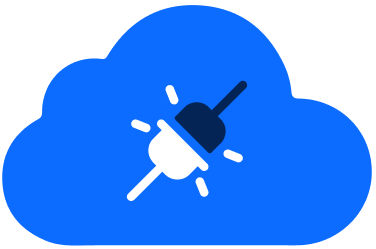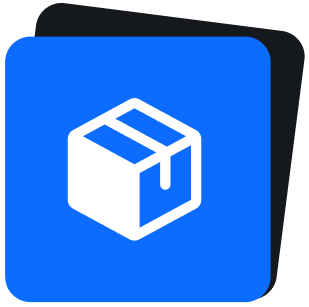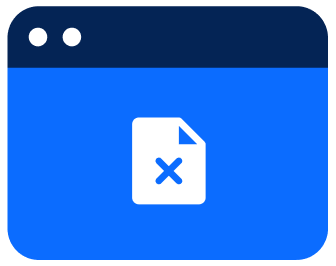Getting Started
Introduction to AccelByte Gaming Services (AGS)

Backend Services
Skip boring dev work with plug-and-play systems for 80% of your game’s backend

Backend Customization
Build 20% of the backend that makes your game unique without managing it

Server Orchestration
Automate spinning up and scaling servers globally for smooth, low-latency sessions

Build Distribution
Deliver builds faster to testers worldwide so you can ship multiple times a day

Crash Reporting
Catch and fix bugs before players see with real-time crash data and full context

Tools & Utilities
Monitor gameplay, test your setup, and tweak your game without juggling external tools
Introduction to AccelByte Gaming Services (AGS)
Learn to use AGS with our demo game "Byte Wars"
Connect and get support with other members of the AccelByte Community
Submit and review tickets while directly connecting with AccelByte
Join our Discord for support, insights, and networking!

Unless you are making a split-screen or peer-to-peer multiplayer game, chances are you'll need to host dedicated servers (DS). If you already do, congratulations! You are one step closer to the future of gaming: games-as-a-service. By utilizing DS, your game is ready for a cross-platform play, which now is an inevitability.
Multiplayer games utilize DS as a host. That is, a hub where all players who are in the same match/session connect to. Its jobs are to:
There are 2 kinds of DS, in terms of its lifespan:
Traditionally, managing the DS is done by hosting a number of DS instances (running natively or in VM) in bare-metal servers. A matchmaker then directs the matched players to a DS.
When the game has players from different parts of the world, in order to reduce the latency, more DS instances are provided in several regions. That way, the matchmaker can match players in the same region and direct them to the nearest DS.
The traditional way starts to face challenges when the DS is short-lived and has an unpredictable number of players playing at the same time. We need a way to dynamically scale the DS fleet according to the number of players. The need to manage multiple regions at the same time is an addition to the complexity.
We solve the need to dynamically scale the DS fleet by leveraging Kubernetes. Our Dedicated Server Manager (DSM) spawns each DS in a Kubernetes pod. Since it takes a rather quick time to create and destroy a Kubernetes pod, we can scale the DS fleet up and down with ease.
To serve global players, our DSM is also available in multiple regions. Since the control to all of the regions are centralized, game admin can manage the DS in all regions from an Admin Portal.
Our DSM is integrated in the matchmaking flow where both the matchmaker and DSM intelligently match players in the same region and spawn a DS accordingly. In the case of a regional failure, our DSM tries to find another regions which are available.
Here's how our matchmaking flow works:
Other than the features mentioned above, our DSM has:
Interested to implement our Matchmaking Service with Multi Region Dedicated Server Manager to your game? Reach out to us by sending an email to hello@accelbyte.io.
Reach out to the AccelByte team to learn more.